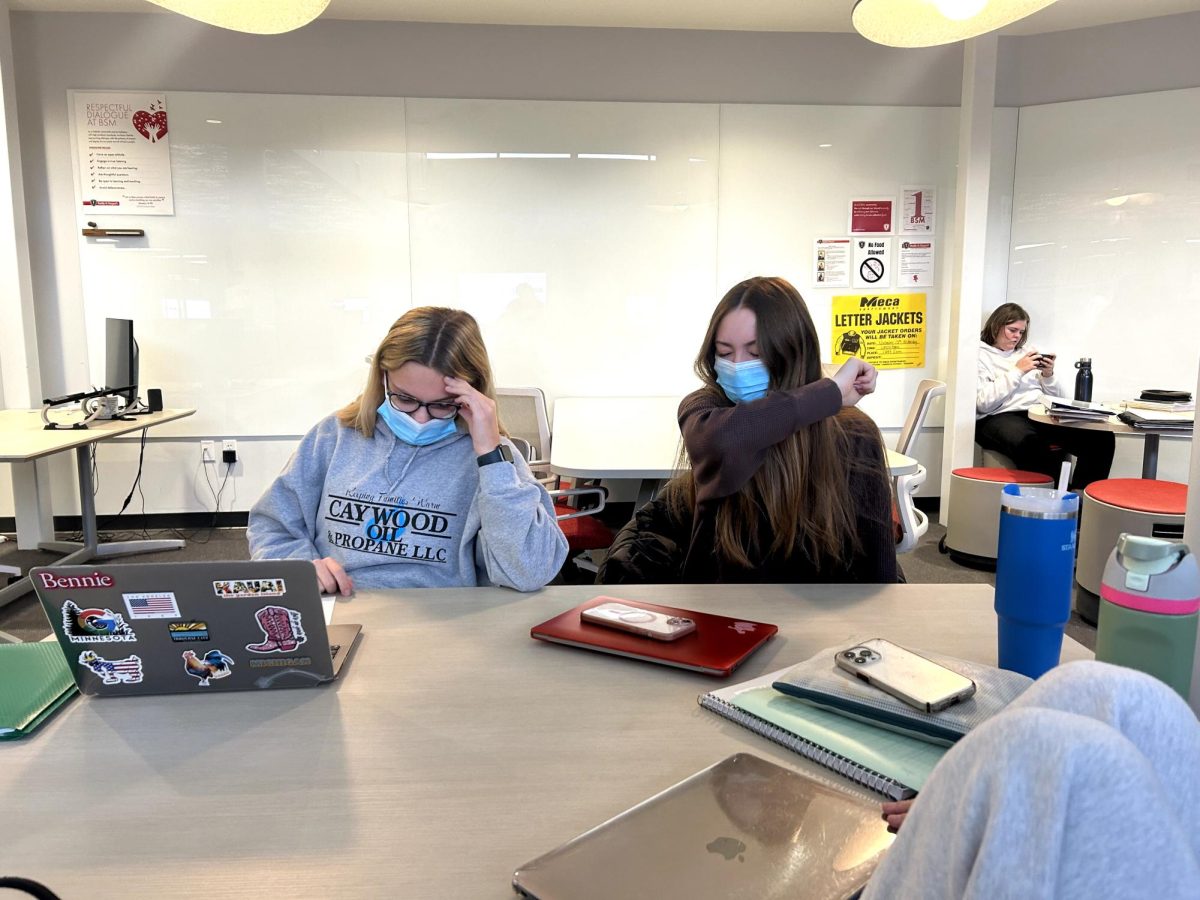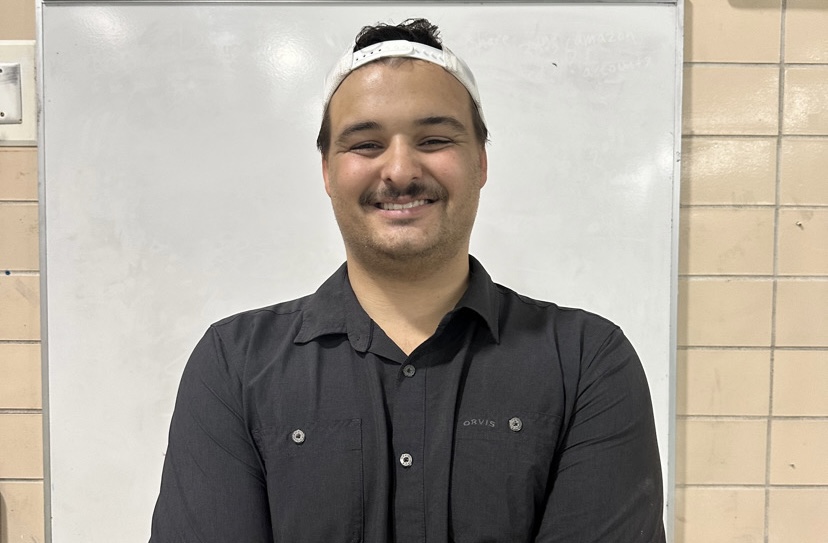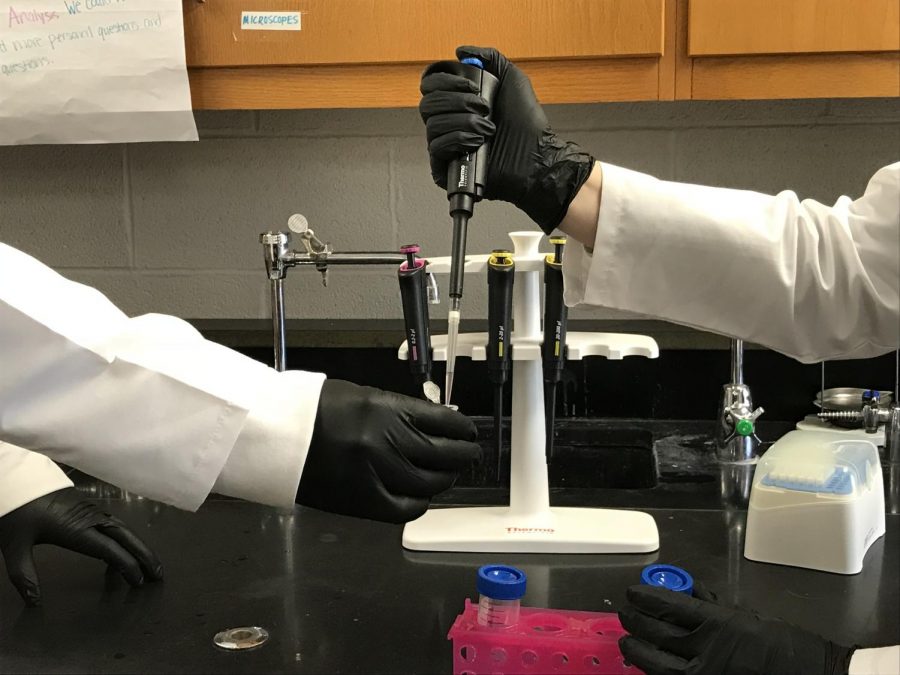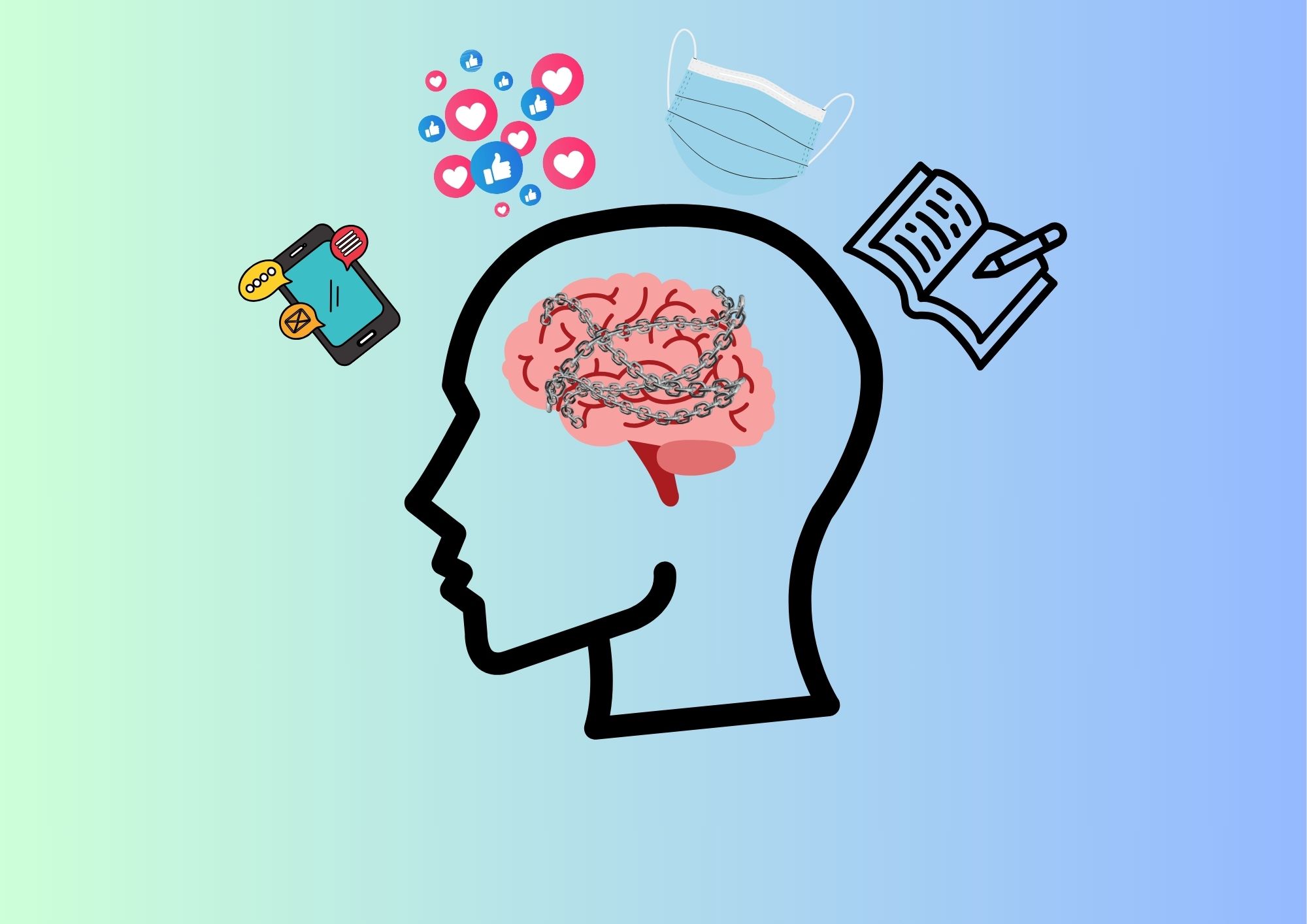Students conduct diet research
Students in BioMed participate in numerous different research opportunities.
May 9, 2020
Biomedical Science III: AP Research, taught by Mr. Mark Peterson, students are required to come up with any experiment to help answer questions that they have. This year seniors Lillian Nesbitt and Emily Carpenter decided to study the effects of how what one eats affects the body.
Nesbitt studied the effects of blood pressure while Carpenter studied the effects of cholesterol while on a variety of diets. “The purpose of the experiment was to see if two weeks of a certain diet was enough time for cholesterol and blood pressure levels to change,” Carpenter said.
The two diets tested on staff members were intermittent fasting diet and the carnivore diet which is known for its fast results. While on the intermittent fasting diet, the volunteers were able to eat whatever they wanted to but could only eat 8 hours out of the day, while fasting the other 16 hours. The carnivore diet consisted entirely of meat, fish and other animal foods like eggs and certain dairy products. “The volunteers were able to choose how much physical activity they did, and how much sleep they got because cholesterol is not only influenced by what you eat, but also by your physical activity levels,” Carpenter said.
Although this study has been done by students at BSM before, this is the first time that humans were the ones put on the diet. “In the past, students have never used adults for this type of study. Students have used rats, mice, fish, bacteria…but never people,” Peterson said.
The idea of this project was long in the making. Nesbitt and Carpenter began to brainstorm this project back in October, but it wasn’t until January that their subjects began to diet. Before testing, they needed to research more and meet with their Internal Review Board. “Our Internal Review Board was made up of two BSM administrators and a dietitian from Taher, all of which reviewed our project several times over with us. We started collecting data on January 9 and finished on March 16,” Carpenter said.
When the results of the blood tests came in, Carpenter and Nesbitt came to the conclusion that being on a diet for only two weeks is not enough time to change cholesterol levels or blood pressure. “The results were not as dramatic as we expected. The thought was that the cholesterol and blood pressure for all subjects would drop. However, depending on the subject, some diets succeeded more than others,” Carpenter said.
These experiments are conducted by students but are often inspired by outside experts and other people in the industry such as faculty at the University of Minnesota and other colleges. “AP Research is a class designed to allow student curiosity to drive the process. Students have a question that is feasible for high school students and they try to answer it,” Peterson said.


















































